






Black women face unique challenges when it comes to vaginal health. From higher rates of bacterial vaginosis to increased risk of fibroids, it’s crucial to prioritize selfcare and seek out the best products and practices for optimal vaginal health.
Regular check-ups with healthcare providers are a must, but the power of prevention lies in everyday care. Choosing pH-balanced cleansers and natural remedies specifically designed for Black women can make all the difference in maintaining a healthy vaginal environment. At Her Down There, we understand the importance of vaginal care for Black women. Our list of services is specially formulated to address the needs of melanated women and provide gentle, effective care for your most intimate area.
In a world where the needs of Black women are often overlooked, it’s time to shine a spotlight on the importance of vaginal care. Our bodies are our temples, and taking care of our vaginal health is essential for our overall well-being.
We have everything you need to keep your vaginal health in check. Our services include annual wellness checks, STD screenings, vaginal infection and UTI assessments, along with hormonal balancing. You can feel confident with us, knowing you’re giving your body
the care it deserves.
Your body is your temple, and it’s time to prioritize your vaginal health. Embrace your unique beauty inside and out by investing in providers that cater to your specific needs.
Take the first step toward better self-care today. Trust Her Down There to provide you with the tools and resources you need to unlock the power of vaginal care for Black women. Because when you feel good on the inside, it shows on the outside.
Join us on this journey to better health and self-care. Your body will thank you.
Letrice Mason, MSN, APRN, FNP-C, is an accomplished women’s health nurse practitioner and proud owner of the esteemed Her Down There Women’s Clinic. She is a trusted healthcare professional within the Houston community.


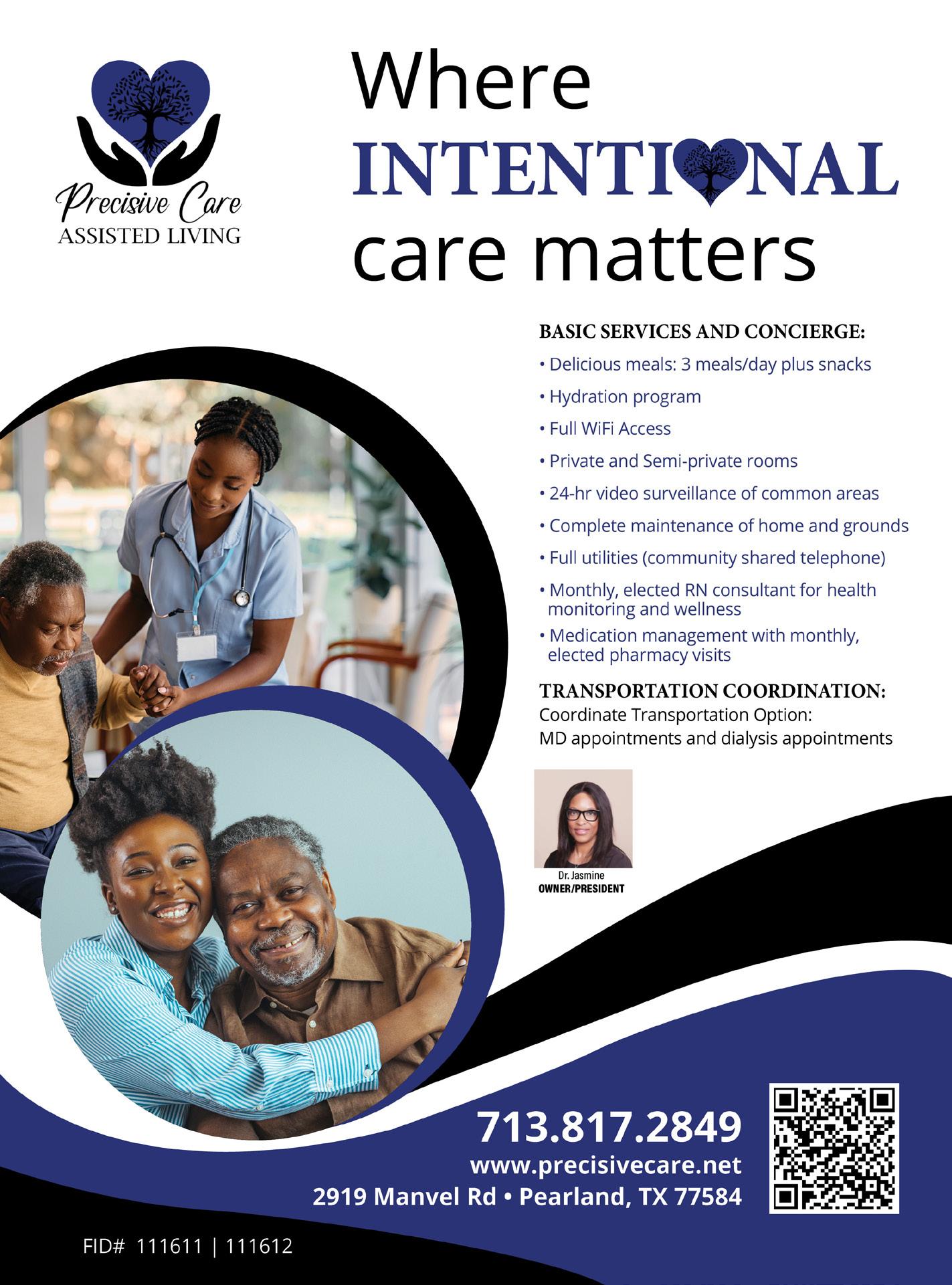
By d-mars.com News Provider
Did you know that for this year’s Super Bowl Halftime performance, Usher had a strict no alcohol policy leading up to the show?
Achieving the coveted summer body requires more than just crash dieting for a few weeks before beach season. It demands discipline and consistency in both diet and exercise routines. Here are some tips to help you maintain discipline for your diet and achieve your summer body goals:

1. SET REALISTIC GOALS: Start by setting achievable and realistic goals for your summer body. Avoid aiming for drastic weight loss in a short period. Instead, focus on making sustainable lifestyle changes that promote long-term health and fitness.
2. PLAN YOUR MEALS: Planning your meals in advance can help you stay on track with your diet. Take time each week to plan nutritious meals and snacks that align with your fitness goals. Meal prepping can also save time and prevent impulsive food choices.

3. KEEP HEALTHY SNACKS HANDY: Avoid temptation by keeping healthy snacks readily available. Stock up on fruits, vegetables, nuts, and other nutritious options to satisfy cravings without derailing your diet.
4. STAY HYDRATED: Drinking an adequate amount of water is essential for overall health and can support weight loss efforts. Aim to drink at least eight glasses of water a day and avoid sugary beverages that can add unnecessary calories to your diet.
5. PRACTICE PORTION CONTROL: Pay attention to portion sizes to avoid overeating. Use smaller plates and bowls to help control portions and listen to your body’s hunger and fullness cues.
6. MONITOR YOUR PROGRESS: Keep track of your progress by weighing yourself regularly and taking measurements. Celebrate small victories along the way and use setbacks as opportunities to learn and adjust your approach.
7. FIND ACCOUNTABILITY PARTNERS: Share your fitness goals with friends, family, or a support group to help stay accountable. Having someone to share your successes and challenges with can provide motivation and encouragement.
8. INCORPORATE REGULAR EXERCISE: Combine your healthy eating habits with regular exercise to maximize results. Find activities you enjoy, whether it’s running, swimming, yoga, or weightlifting, and make them a regular part of your routine.
9. PRACTICE MINDFUL EATING: Be mindful of what you eat by paying attention to hunger cues, savoring each bite, and avoiding distractions while eating. Mindful eating can help prevent overeating and promote a healthier relationship with food.
10. ALLOW FOR FLEXIBILITY: While consistency is key, it’s also important to allow for flexibility in your diet. Don’t deprive yourself of the foods you love entirely but instead practice moderation and balance.
By incorporating these strategies into your daily routine, you can maintain discipline for your diet and work towards achieving your summer body goals in a healthy and sustainable way. Remember that consistency and patience are essential and focus on progress rather than perfection. With dedication and perseverance, you can achieve the summer body you desire and feel confident and empowered all season long.
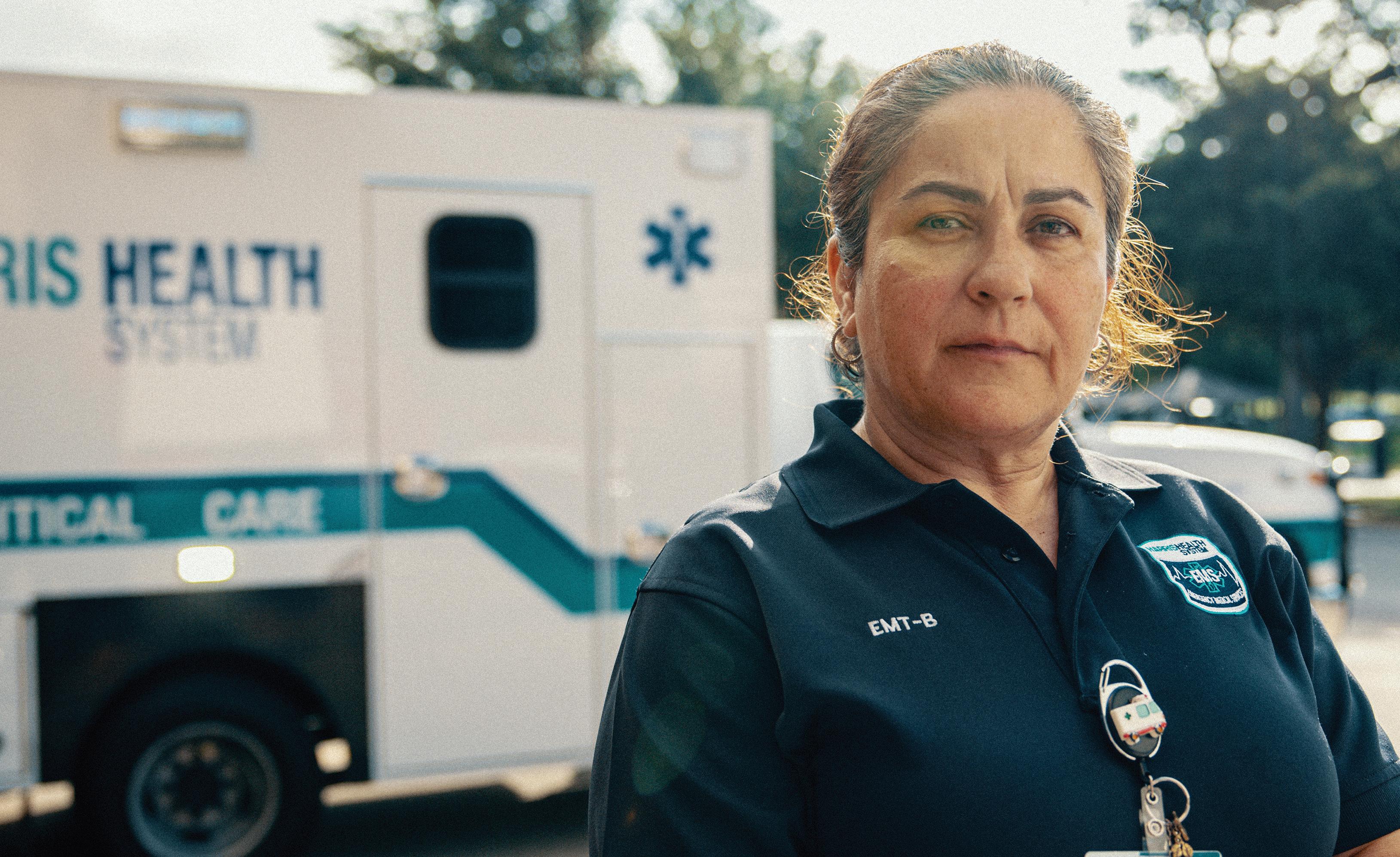
As your public health system, we’re here for those in need.
In a region with so many unable to afford insurance, it’s a monumental responsibility. And a distinct privilege.
We provide all our patients exceptional medical, mental health, dental and vision care, along with vital outreach programs and resources.
Because it protects the health and safety of our entire community. Because it’s the right thing to do.
You may not know our name. And that’s okay.
YOU’LL KNOW US BY THE WORK WE DO.
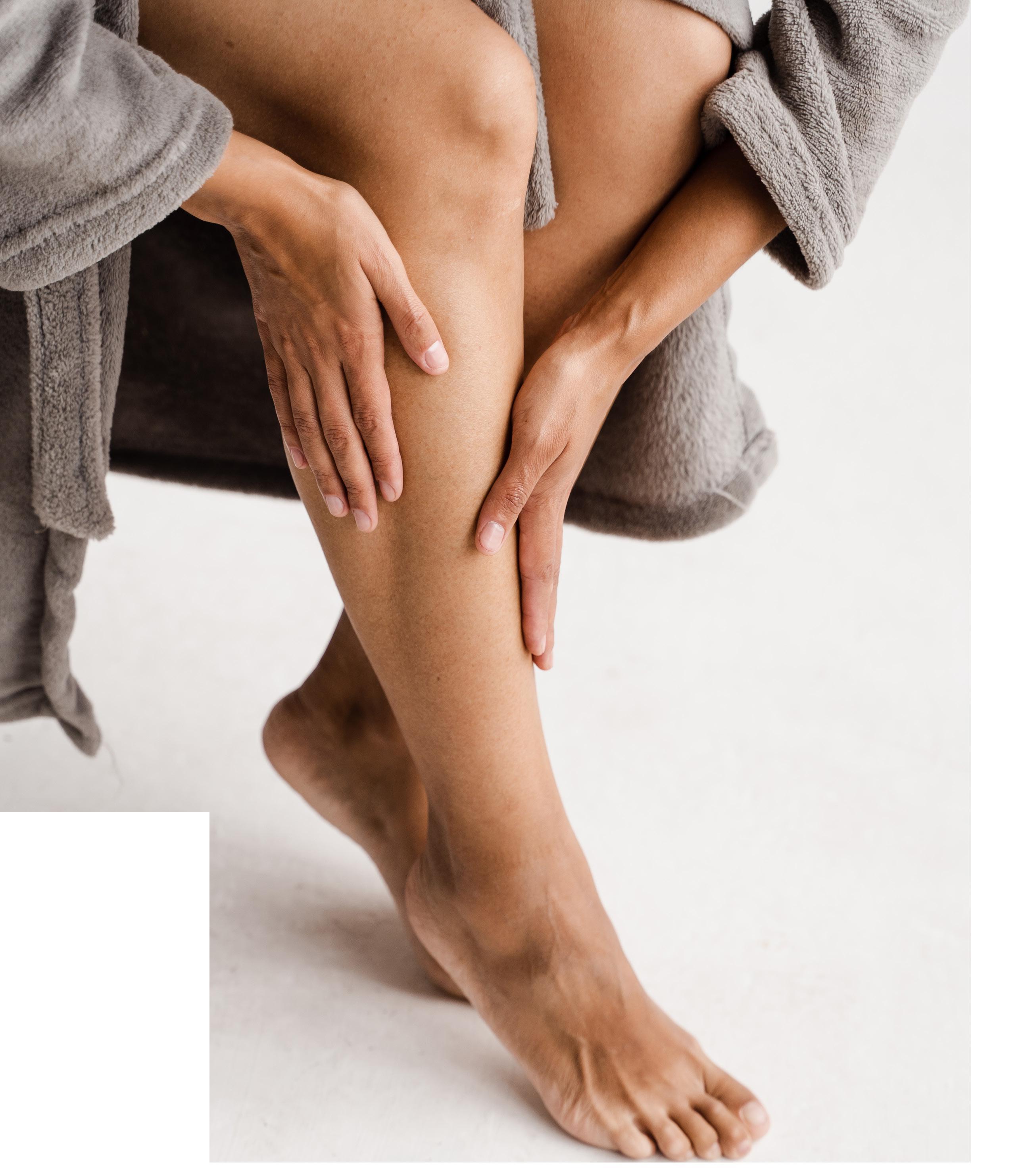
EMBRACING HOLISTIC WELLNESS: Vein health is intertwined with overall well-being. Empowerment encompasses not only addressing physical symptoms but also prioritizing mental, emotional, and social health. Encouraging patients to embrace holistic wellness practices, such as stress management and social support, fosters resilience and enhances overall quality of life.
ADVOCATING FOR ACCESSIBILITY AND EQUITY: True empowerment requires addressing systemic barriers to healthcare access. Advocating for policies that ensure affordable, inclusive, and culturally competent care empowers patients from all backgrounds to prioritize their vein health and seek timely interventions.
In conclusion, empowering patients to take control of their vein health and well-being is a multifaceted endeavor. By providing education, fostering collaboration, promoting self-care, embracing holistic wellness, and advocating for accessibility, individuals can navigate the complexities of vein-related conditions with confidence and resilience. Through empowerment, we can strive towards healthier, happier, and more equitable communities.
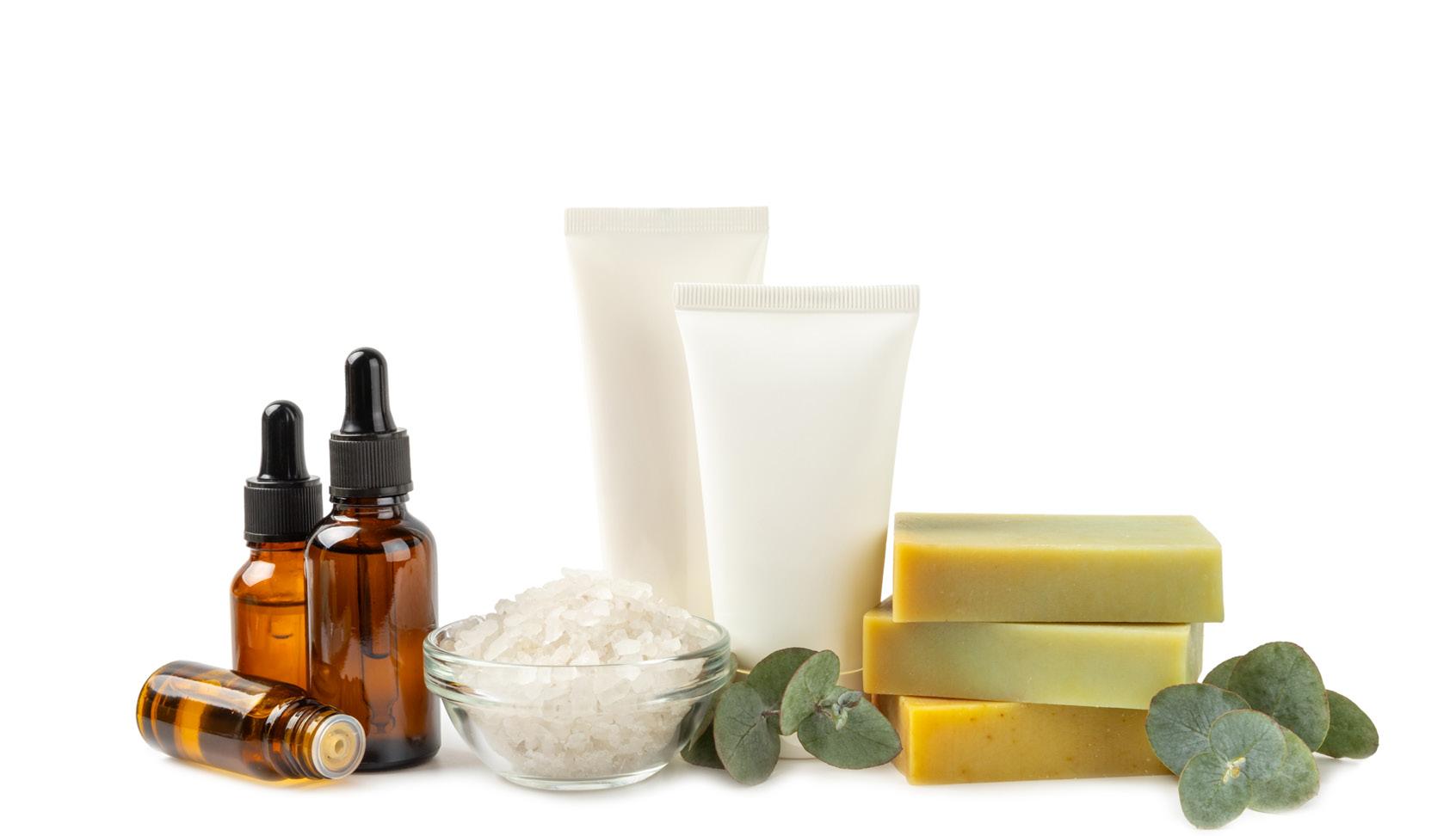
Contributing Writer
EDUCATION AS THE CORNERSTONE: Empowering patients begins with education. Understanding the risk factors, symptoms, and available treatments arms individuals with the knowledge needed to make informed decisions about their care. From the benefits of regular exercise to the importance of wearing compression stockings, education lays the foundation for proactive vein health management.
ADVOCATING FOR SELF-CARE:
Empowerment extends beyond knowledge to action. Encouraging patients to adopt self-care measures, such as maintaining a healthy weight and avoiding prolonged sitting or standing, empowers them to take control of their vein health. By implementing habits that promote circulation and reduce strain on the veins, patients can alleviate symptoms and reduce further progression.

COLLABORATIVE DECISION-MAKING: Effective healthcare is a partnership. Empowering patients involves fostering a collaborative relationship between patients and healthcare providers. By engaging in open discussions about treatment options and preferences, patients can actively participate in crafting their care plans, leading to more personalized and effective interventions.
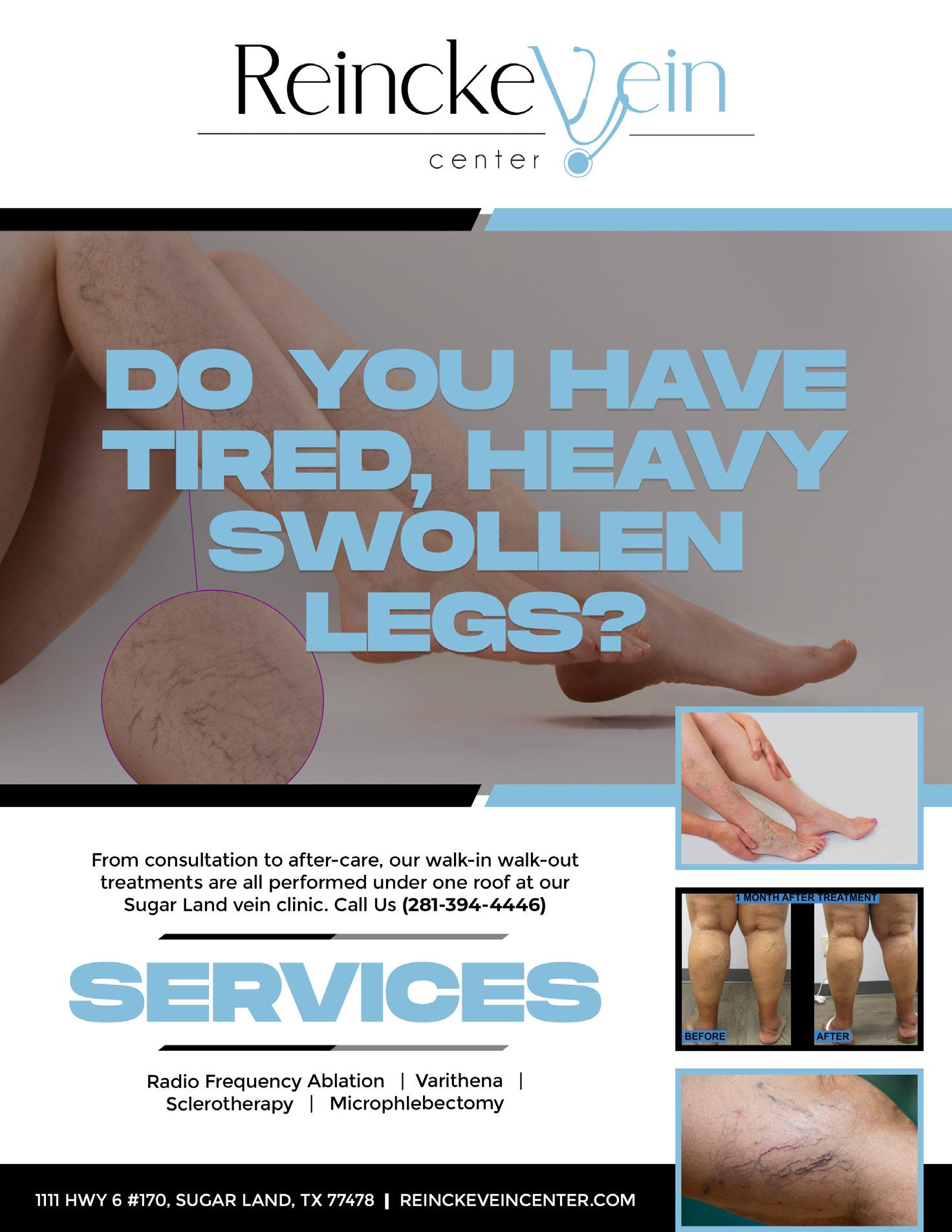

By Frenetta Tate News Provider
ental health is as crucial as physical health, yet it often does not receive the same attention or level of care. Good mental health allows individuals to realize their potential, cope with the stresses of life, work productively and contribute meaningfully to their communities. It forms the foundation of emotional, psychological and social well-being, affecting how we think, feel, and act.
However, when our mental health is neglected, it can lead to significant challenges. Poor mental health can impair our ability to make choices, communicate effectively and handle stress, which can strain relationships, reduce work performance and diminish overall quality of life. Thus, maintaining mental health isn’t just about preventing disorders but also about promoting overall well-being and happiness.
To ensure mental well-being, it’s essential to adopt a proactive approach to nurture and maintain it. The strategies outlined are designed to help create a balanced lifestyle and enhance one’s emotional, psychological, and social well-being. Let’s delve into these strategies to understand how they contribute to maintaining and improving mental health.
CONCLUSION
The importance of mental health cannot be overstated. By recognizing its value and taking steps to nurture our mental well-being, we can improve our quality of life, strengthen our relationships, and contribute positively to our communities. Remember, taking care of your mental health is not a luxury but a crucial part of living a healthy, balanced life.
Frenetta Tate is the CEO of Frenetta Tate Global LLC, a women’s empowerment coaching company. She is available on social media at @frenettatate.

• Engage in exercise: Physical activity is a potent stress reliever. It not only helps to control weight but also enhances mental health by reducing symptoms of depression and anxiety. Aim for at least 30 minutes of moderate exercise most days of the week.
• Nutritional intake: What we eat impacts our brain, and consequently our mood and mental health. A diet rich in fruits, vegetables, lean protein and whole grains can provide essential nutrients that boost brain health and overall well-being.
• Prioritize rest: Sleep and mental health are closely linked. Lack of sleep can exacerbate stress, depression, and anxiety, so aim for seven to nine hours of quality sleep per night. Establish a regular, relaxing bedtime routine to help signal your body it’s time to wind down.
• Practice mindfulness and relaxation techniques: Techniques such as deep breathing, meditation, and yoga can improve mental health by reducing stress and enhancing overall emotional resilience.
• Maintain social contact: A supportive network of friends and family can provide emotional support and decrease feelings of isolation. Regular social interactions can help ward off anxiety and depression, providing a sense of belonging and security.
• Consultation and therapy: It is vital to seek help when struggling with mental health issues. Therapists, counselors and psychologists can provide strategies to manage mental health more effectively, offering support through therapy and, if necessary, medication.
• Engage in activities you enjoy: Picking up new skills or hobbies can improve your mental health by boosting self-confidence and providing a sense of achievement. Whether it’s painting, writing, or learning a new instrument, find activities that bring joy and enrich your life.

By Tomia Austin, DrPH Contributing Writer
onsidered the most common genetic blood disorder in the world, sickle cell affects 300 million people worldwide. In the United States, most of the 4 million affected with sickle cell trait, including the 18,000 Houstonians with the sickle cell trait, are not aware that sickle cell is not just a Black or African American condition, but in fact affects people of African, Asian, Indian, Latin, Mediterranean, Italian, Greek and Turkish descent. In other words, anyone, including Caucasians or white people, can have sickle cell disease or the sickle cell trait.
CSharing this information about sickle cell is the everyday work of Houston-based charity
“As One Foundation,” which was founded by sickle cell carrier and former Houston Texan Devard Darling, who lost his identical twin brother to exertional sickling in 2001 at Florida State University during a football conditioning workout.
“There are so many people with sickle cell trait that have no idea what it is, or how it can effect them,” said Darling. “Especially those who think this it is only in African Americans. At the As One Foundation, we address it all because you don’t have sickle cell disease without the existence of sickle cell trait.”
The organization’s mission is to empower families globally, delivering life-saving sickle cell education.
Despite the disproportionate impact on people of African descent, sickle cell trait receives scant attention, often amounting to just five minutes in a typical medical school curriculum. Compounding this issue, many carriers remain unaware of their status, contributing to the staggering statistic that 97% of sickle cell disease births occur to parents unaware of their trait statuses. Moreover, despite nationwide newborn screening since 2006, individuals of childbearing age born before then may lack awareness of their status. Addressing this, the As One Foundation advocates for more accessible and affordable testing solutions to empower individuals and mitigate the impact of sickle cell disease.
All As One Foundation events and activities acknowledge sickle cell trait and sickle cell disease as factors existing not independent of each other but because of each other. Sickle disease births are prospectively the result of procreation between two sickle cell trait positive parents and any combination of one sickle cell disease parent will certainly result in a sickle cell trait birth, at least. In order to increase quality health care and directly address disparities associated with chronic and acute blood conditions, the As One Foundation seeks to fill knowledge gaps of four distinct populations with our programming: patients, caregivers/families, community members and healthcare providers.
The As One Foundation serves by the philosophy that sickle cell is experienced by not just the patient, so the organization’s service delivery aims to be relevant to everyone while also empowering those that live with sickle cell trait and disease to thrive while challenging the broader community to learn as much as they can about the disorder.

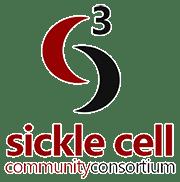

Mark your calendar for 11 am – 3 pm
SATURDAY, JUNE 15, 2024 and register to attend the free and open to the public Houston Sickle Cell Summit in observance of World Sickle Cell Day, (tinyurl.com/as1scsummit) FIFTH WARD MULTI SERVICE CENTER 4014 Market St • Houston, TX 77020 Visit www.AsOneFoundation.org, to learn more about the As One Foundation.
Sponsorship and vendor opportunities are available Contact Tomia@asonefoundation.org